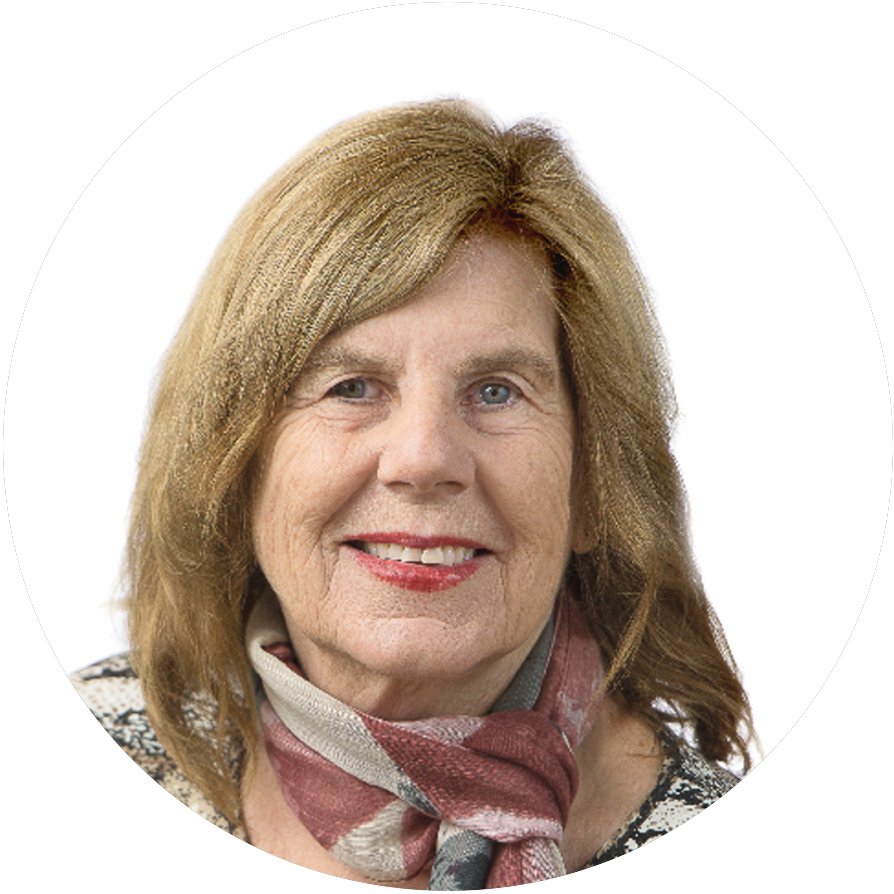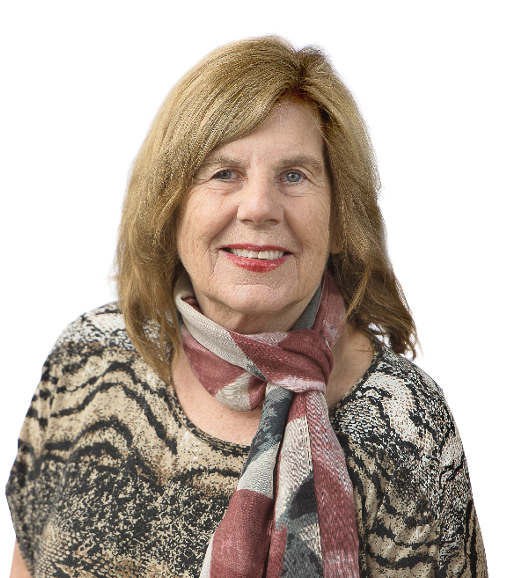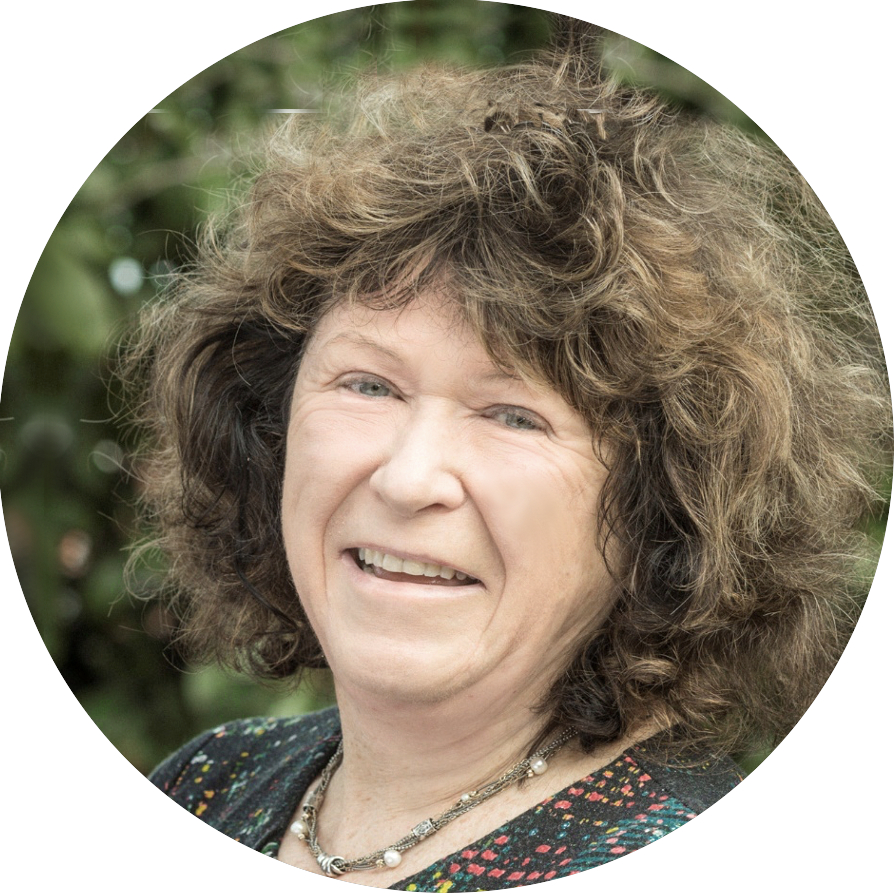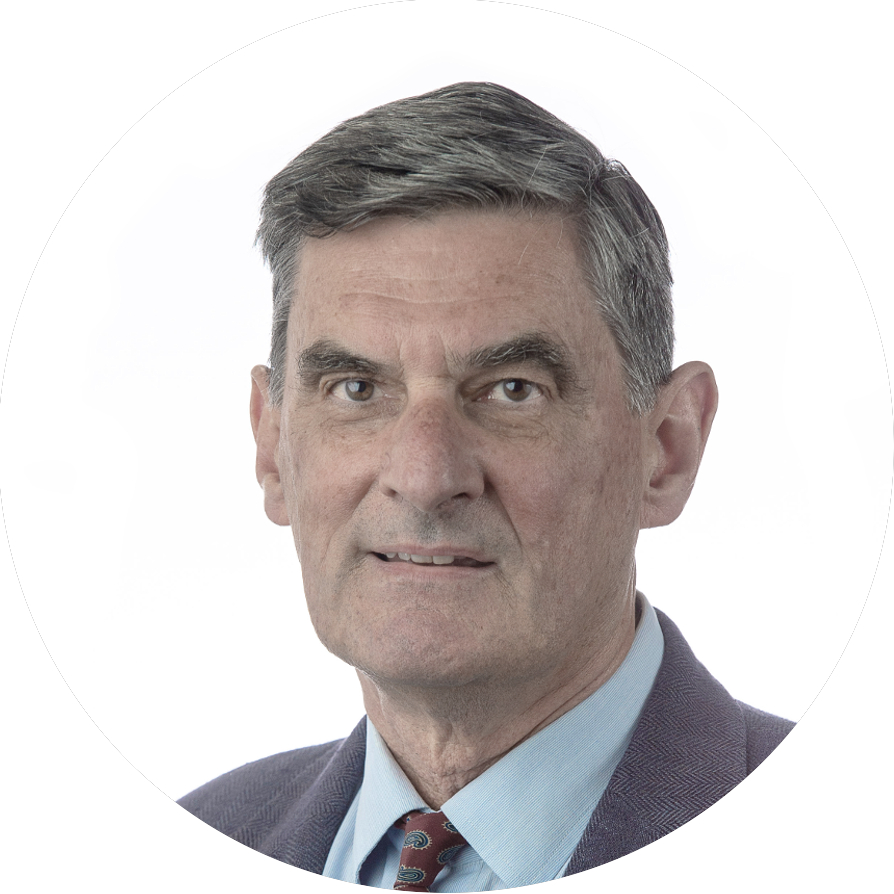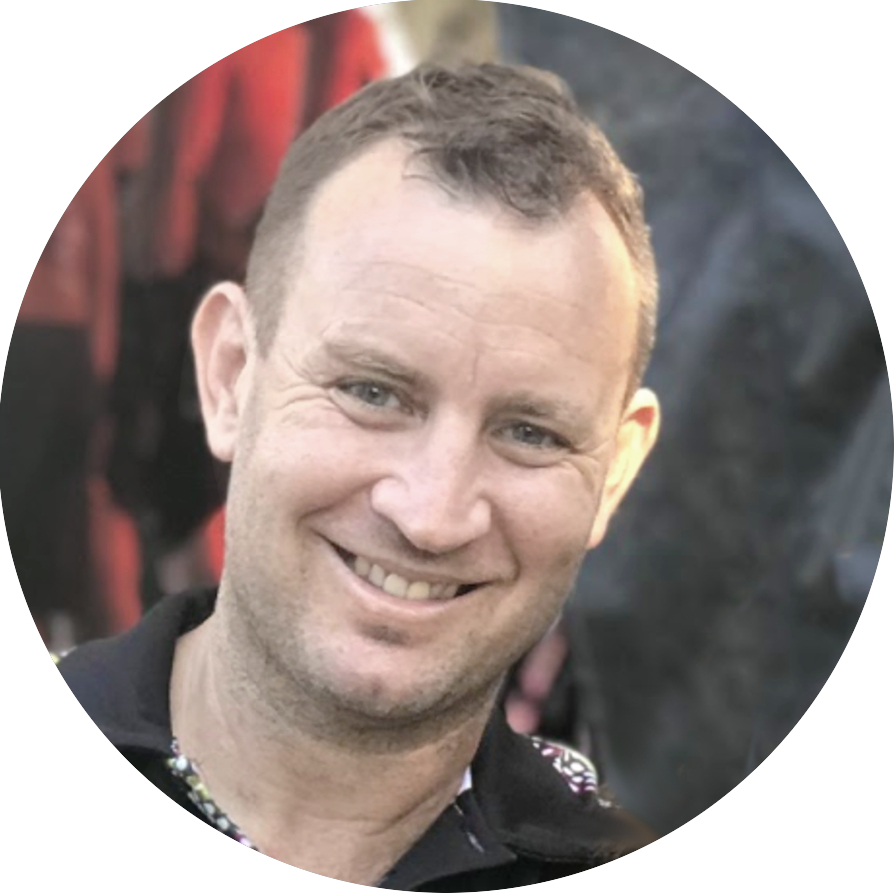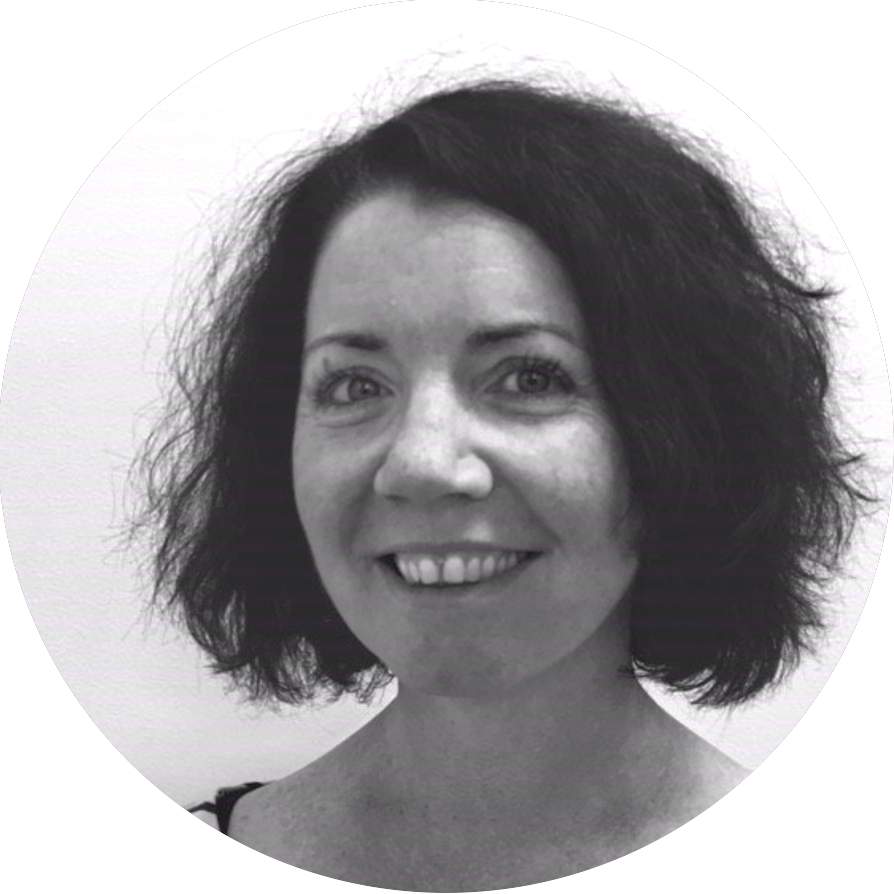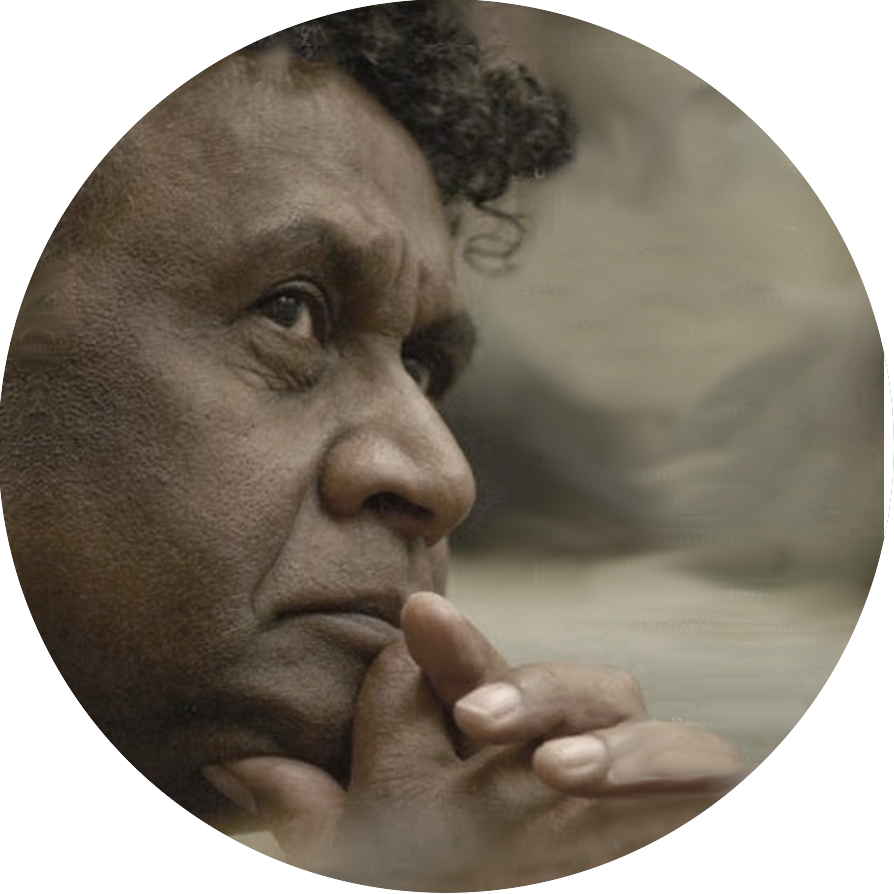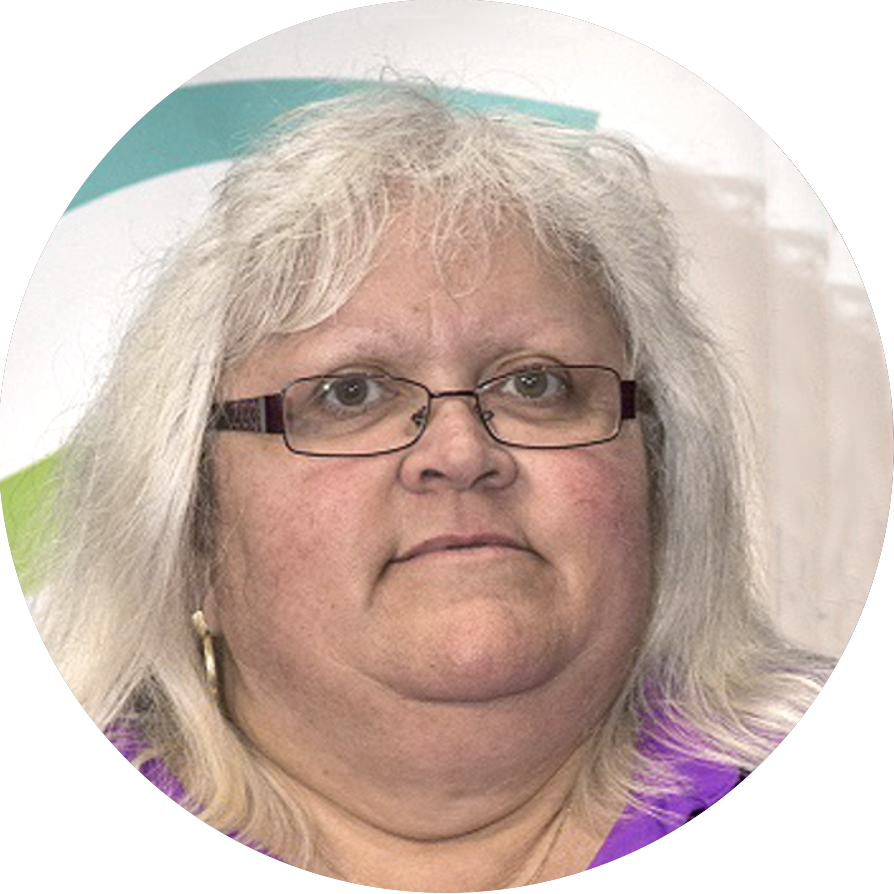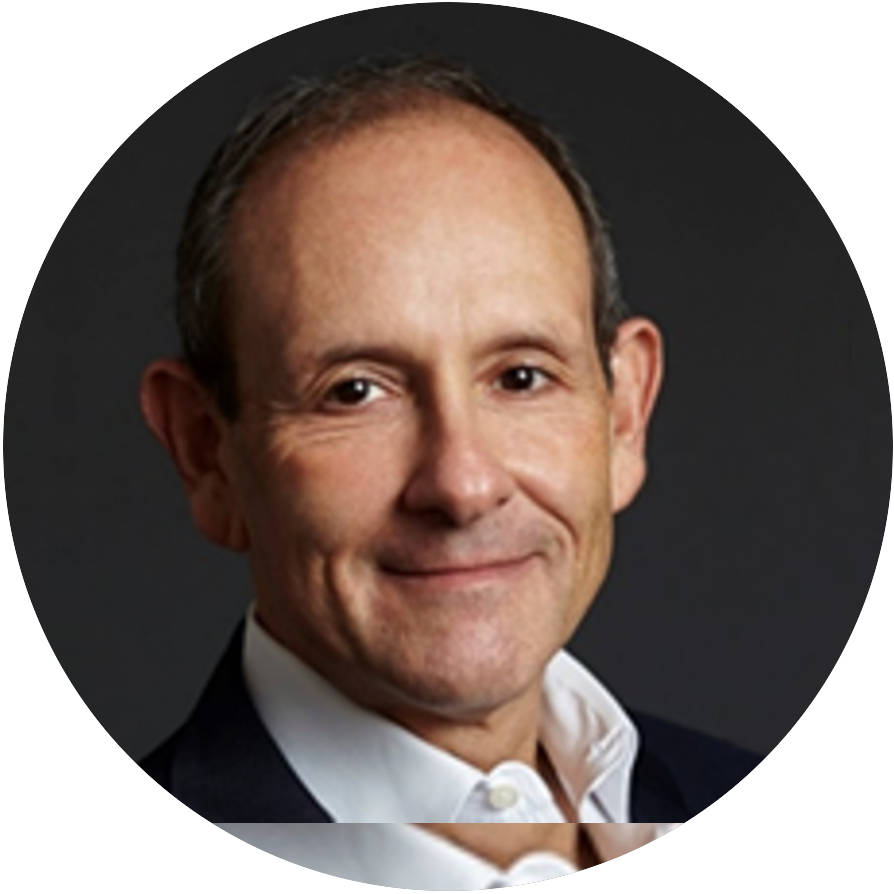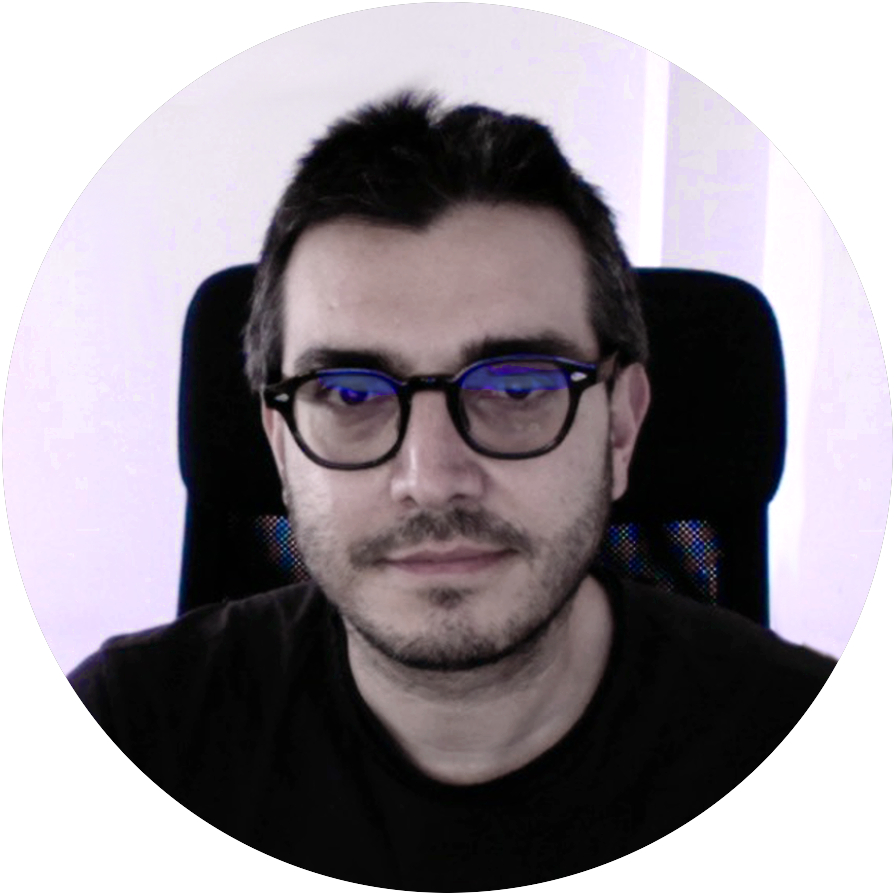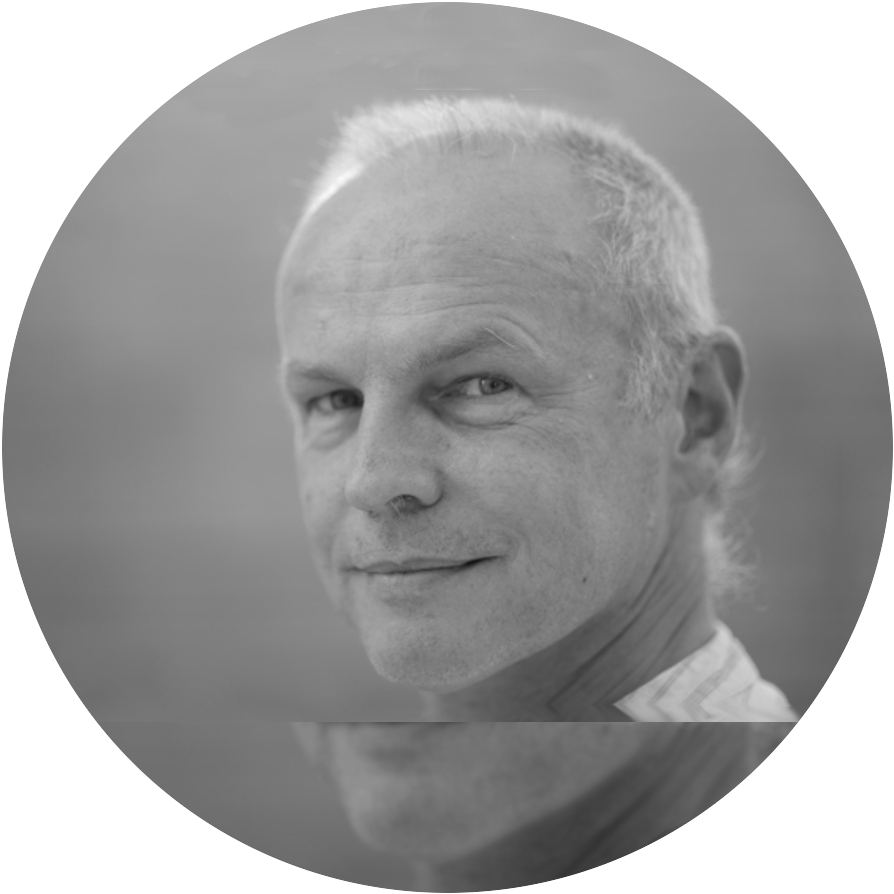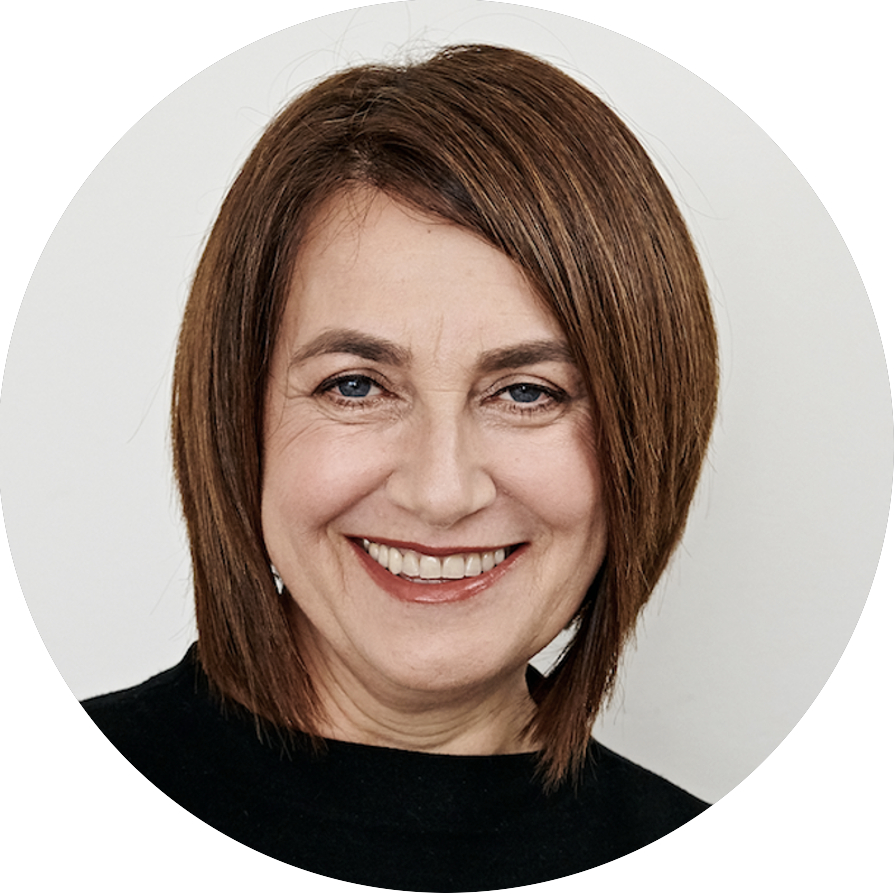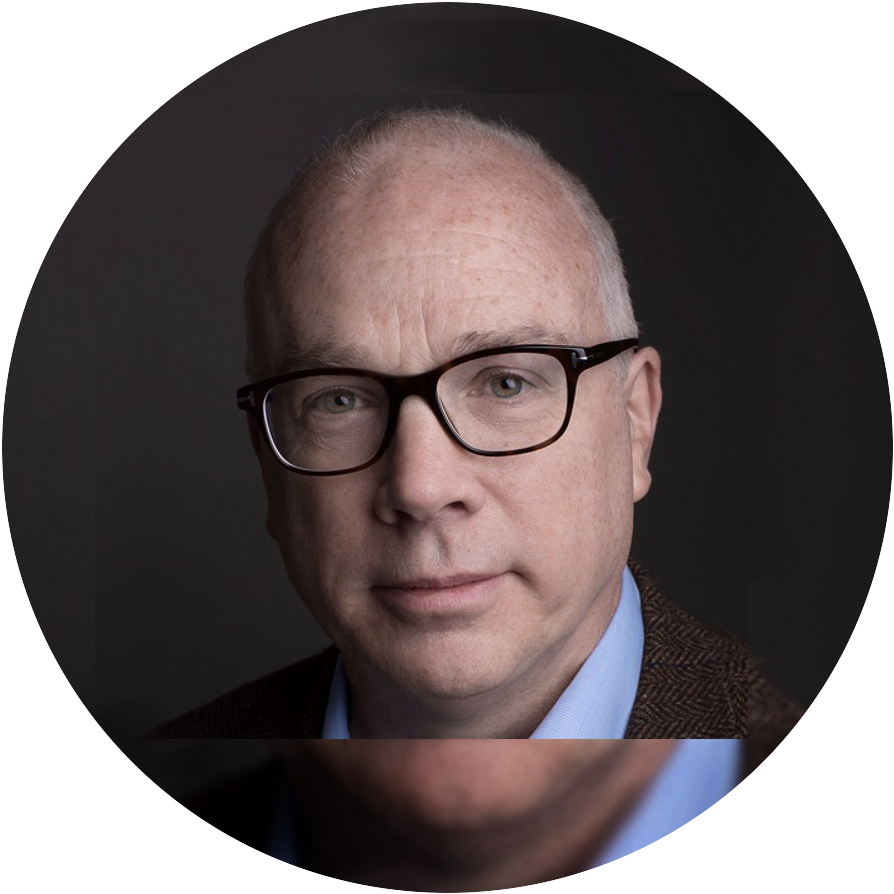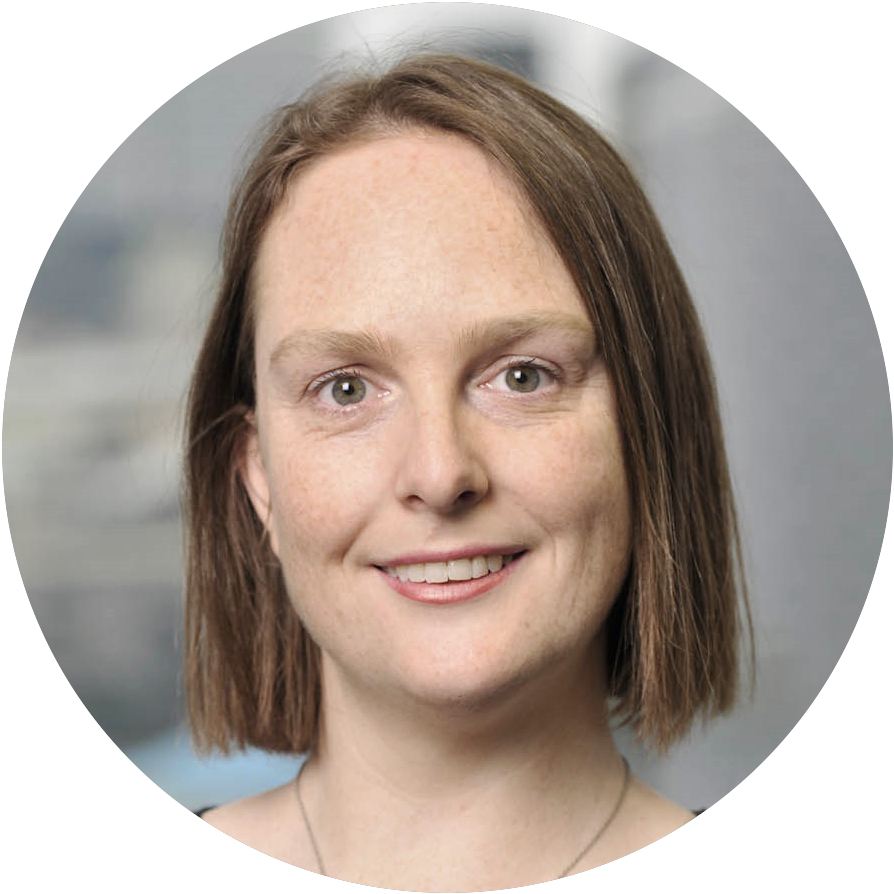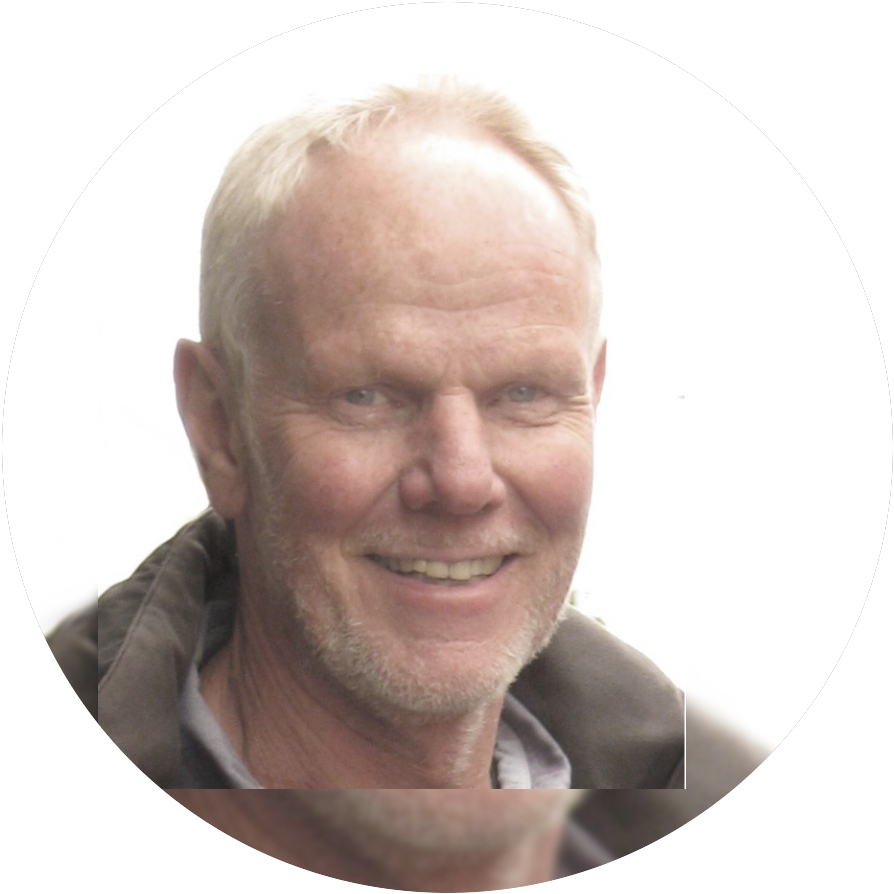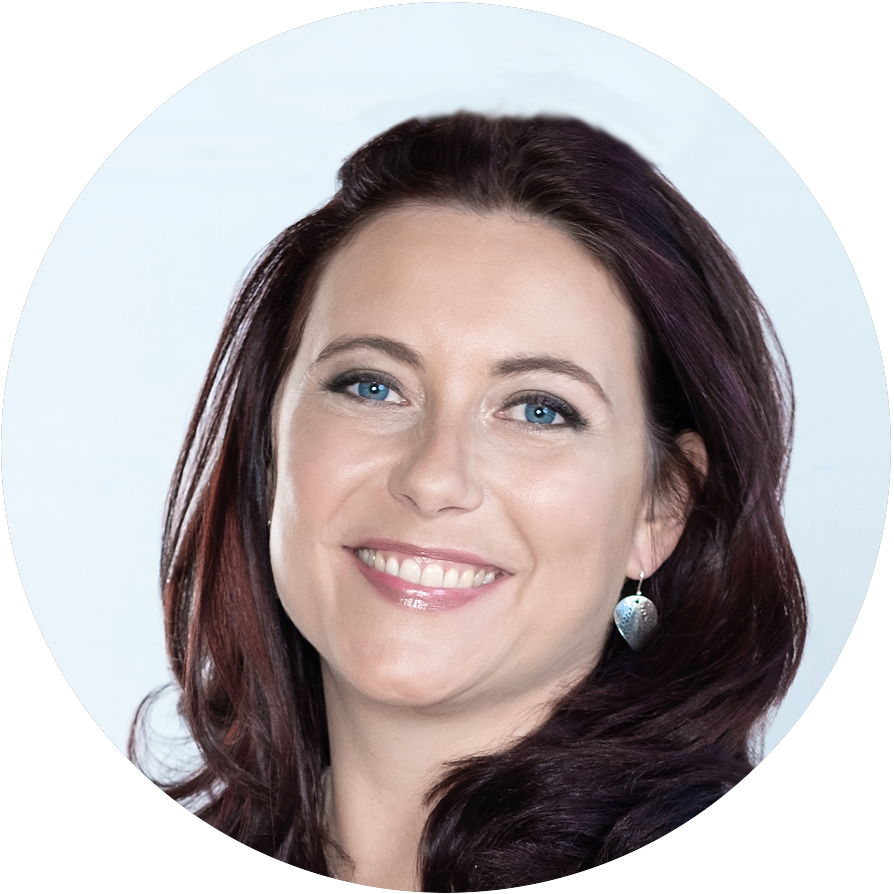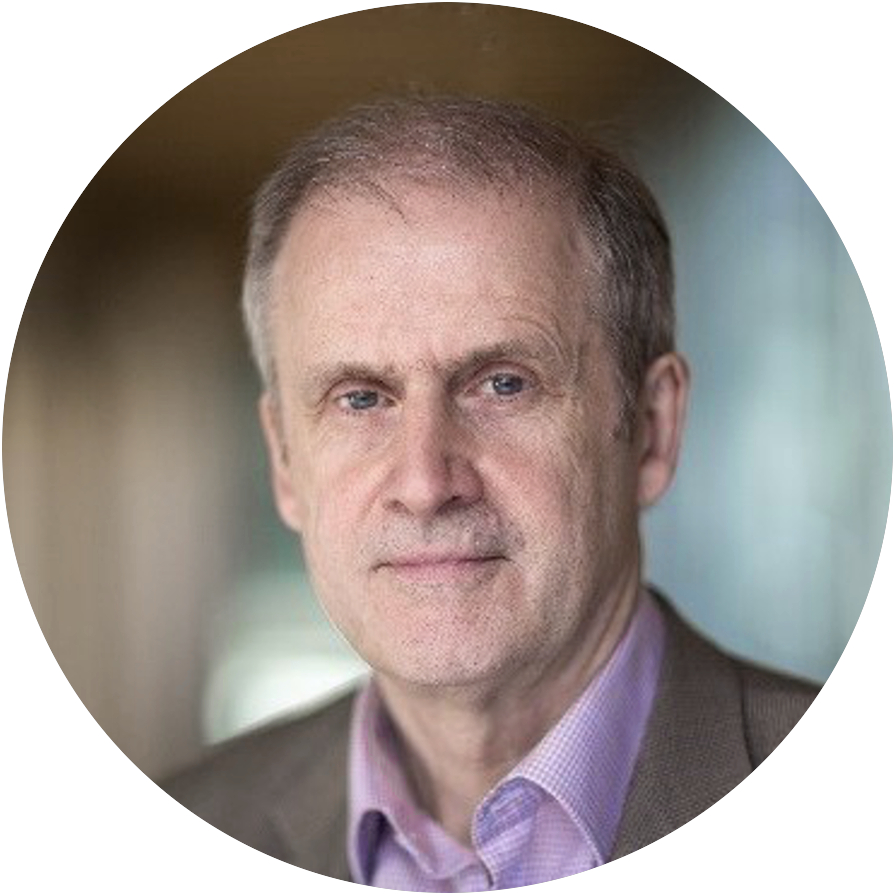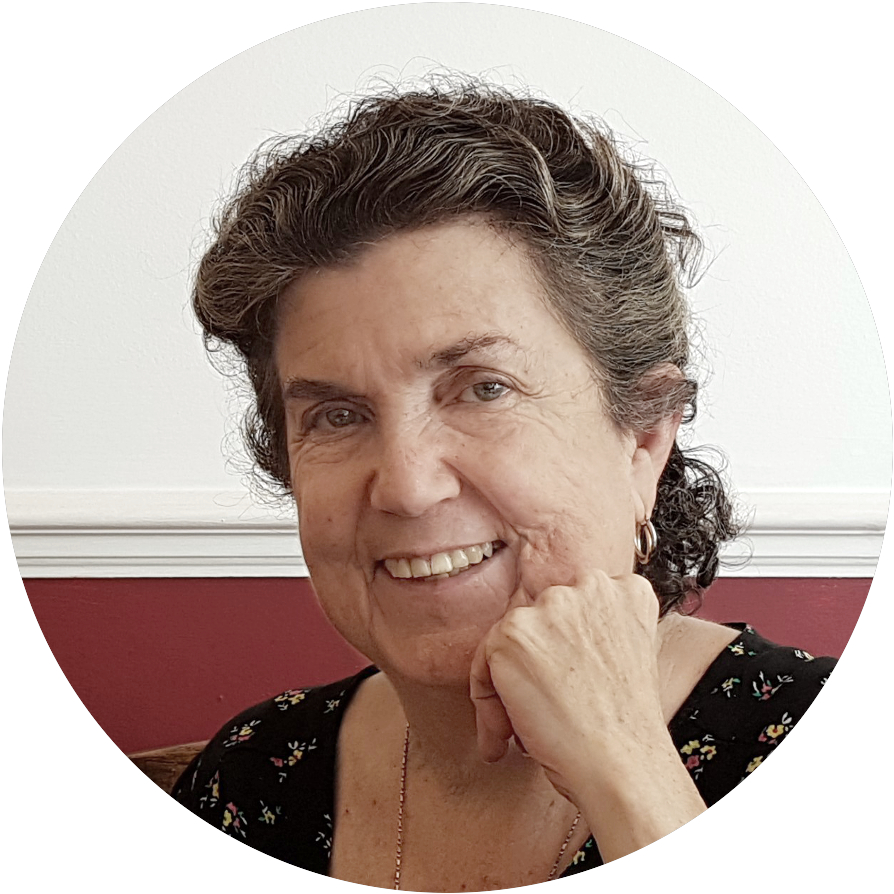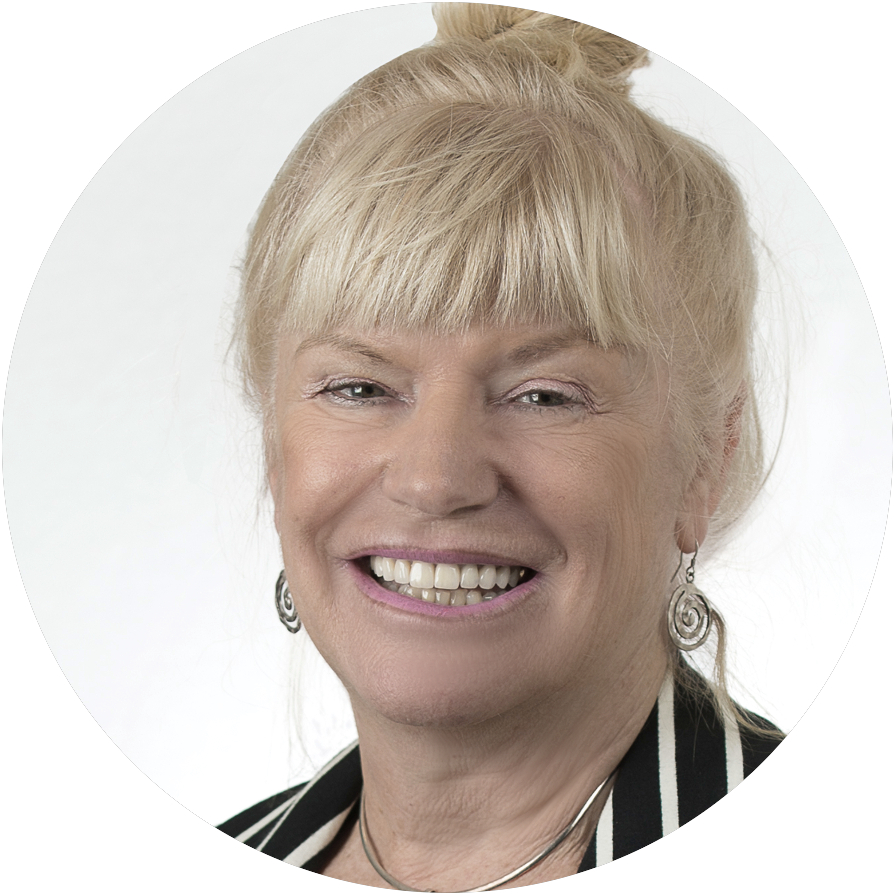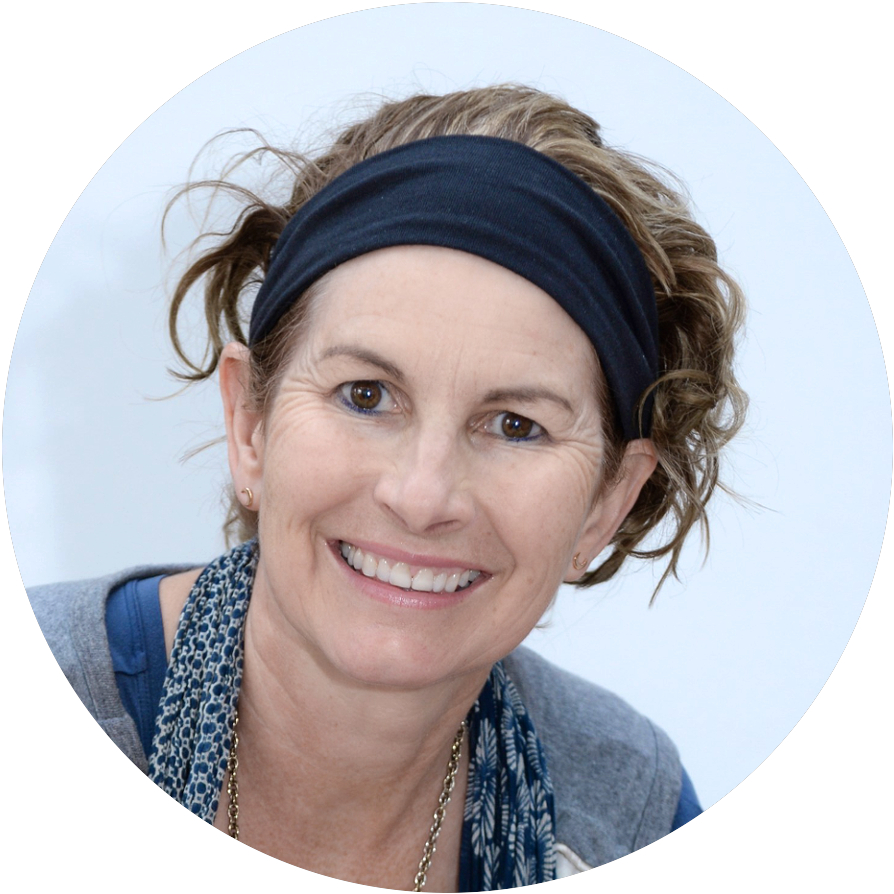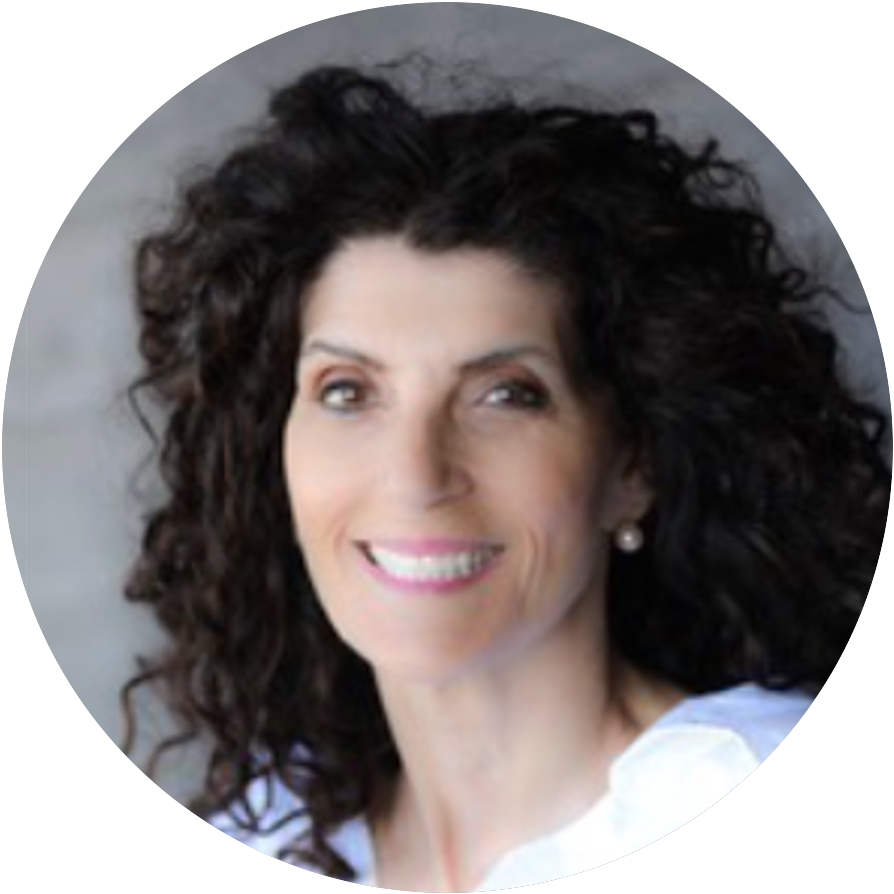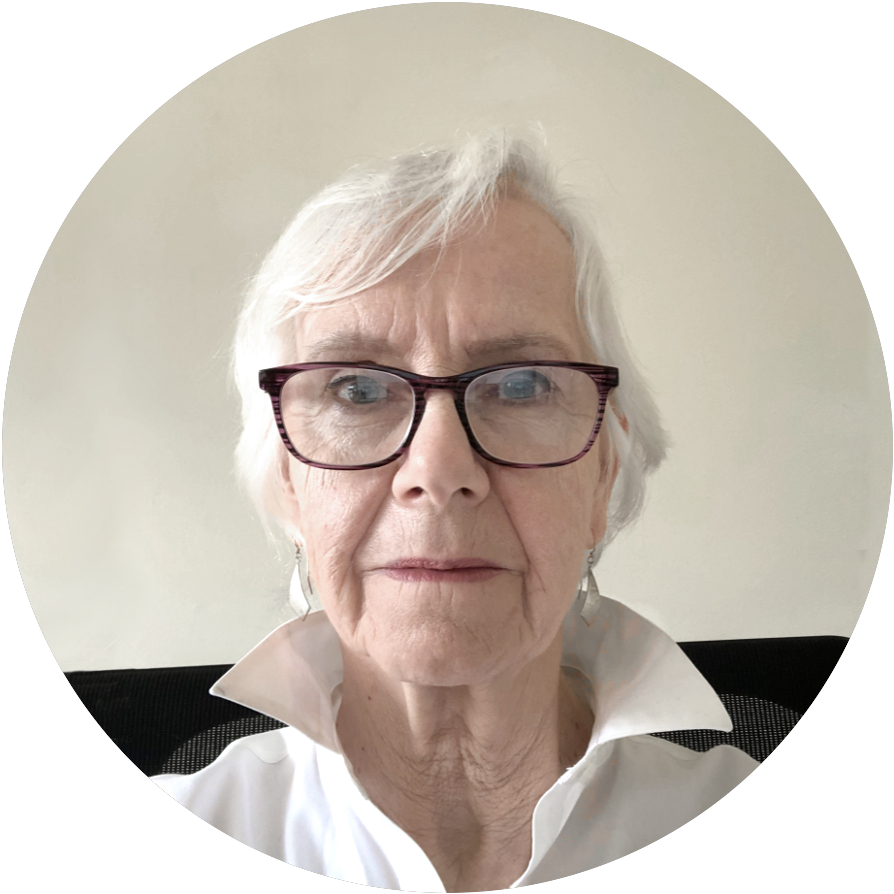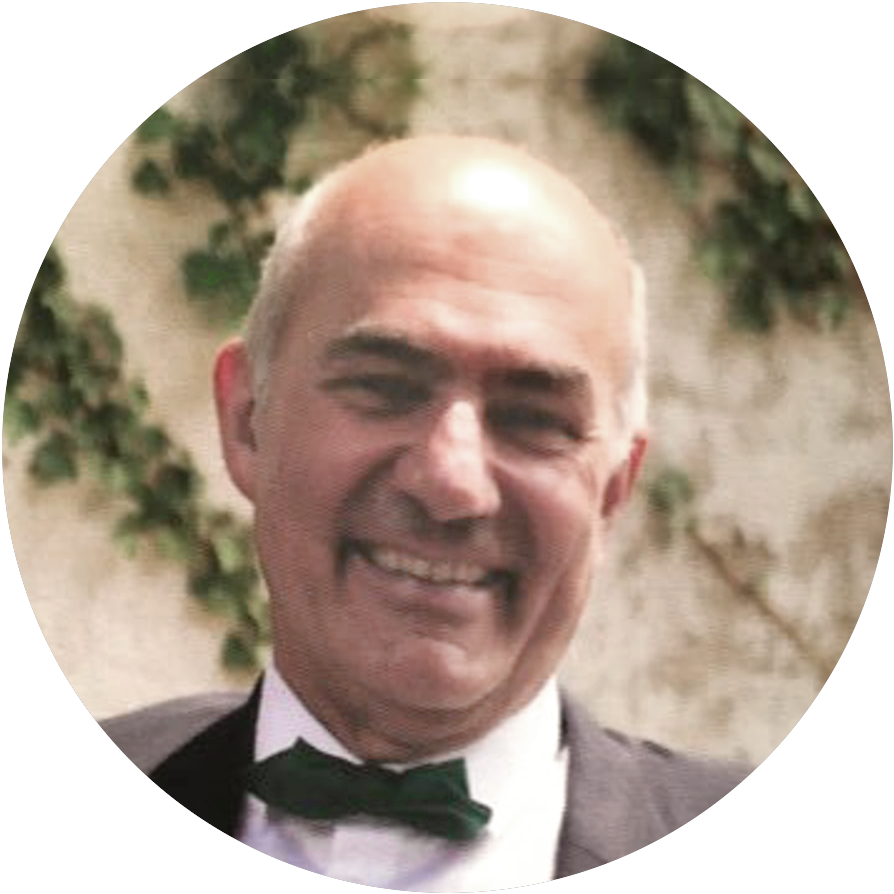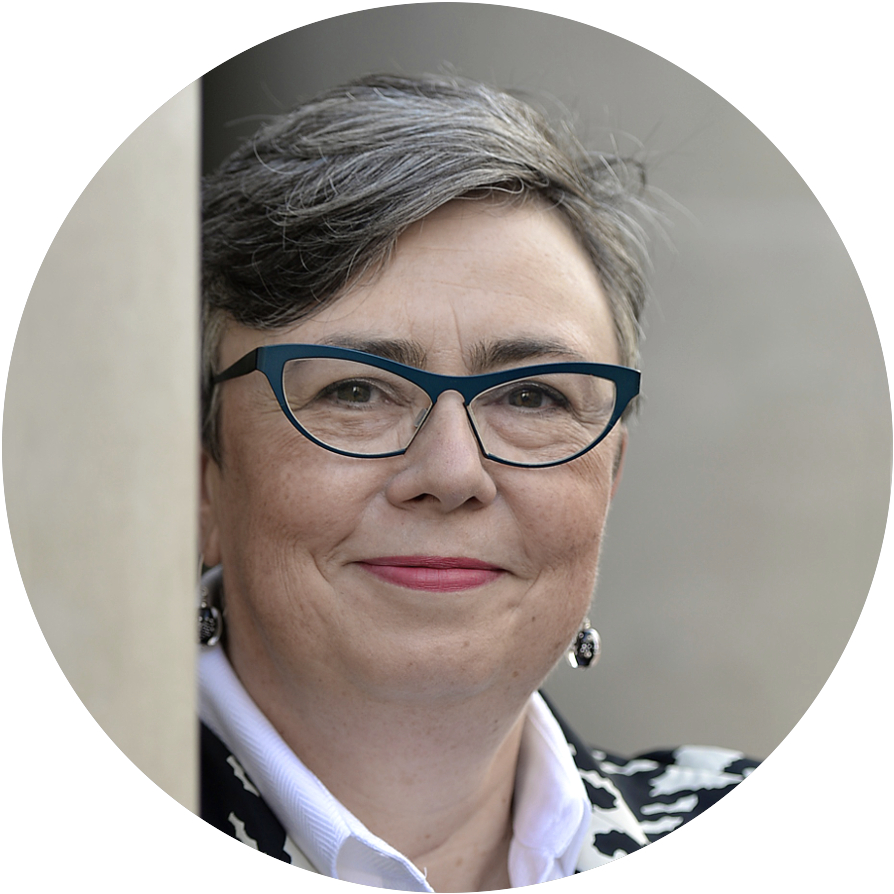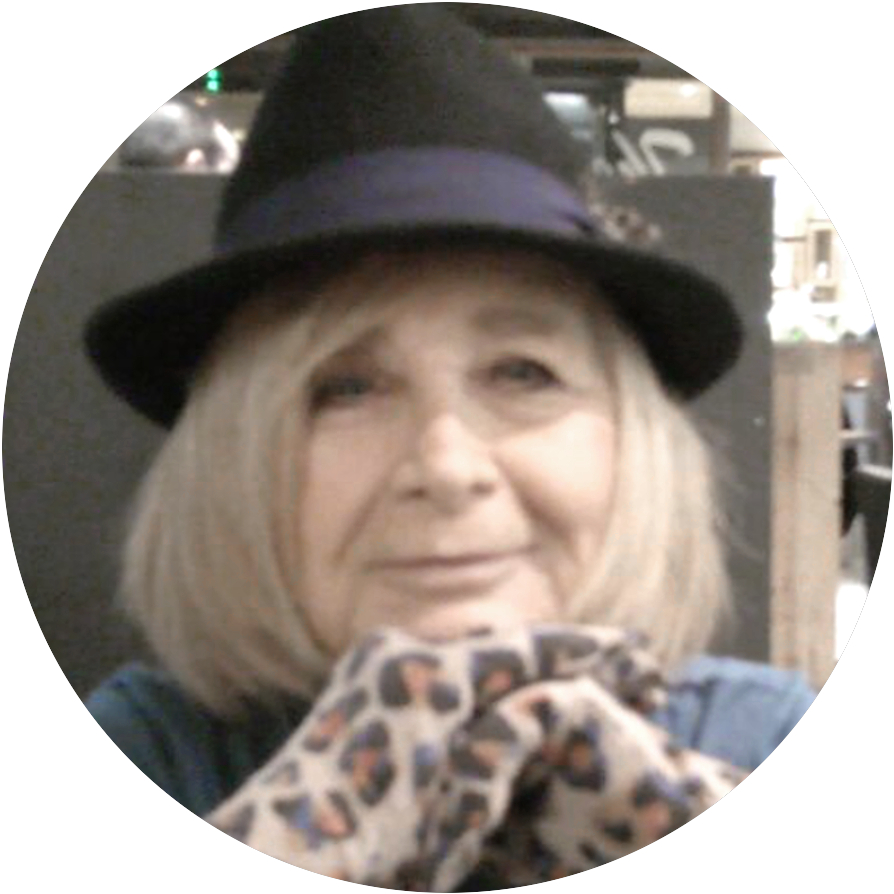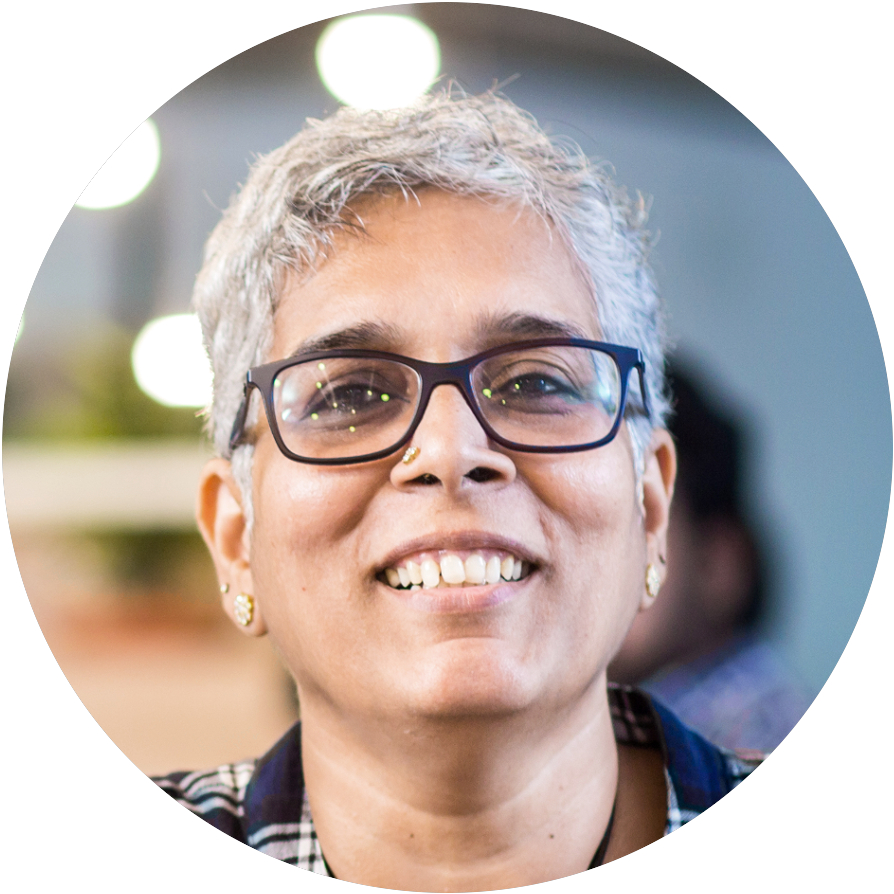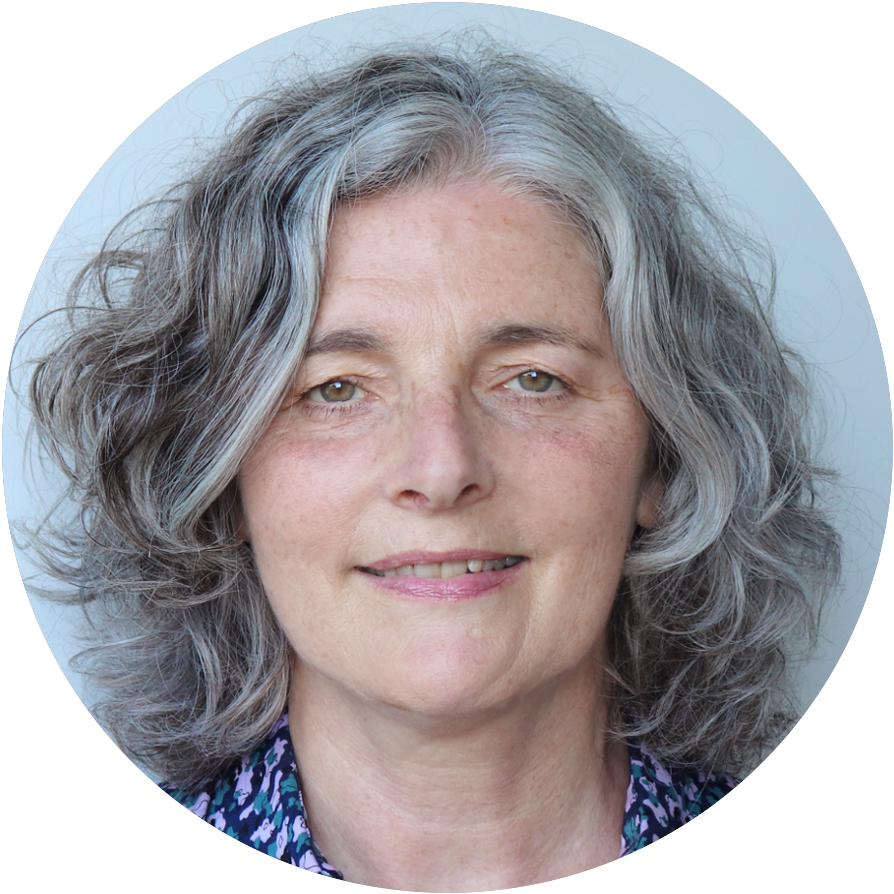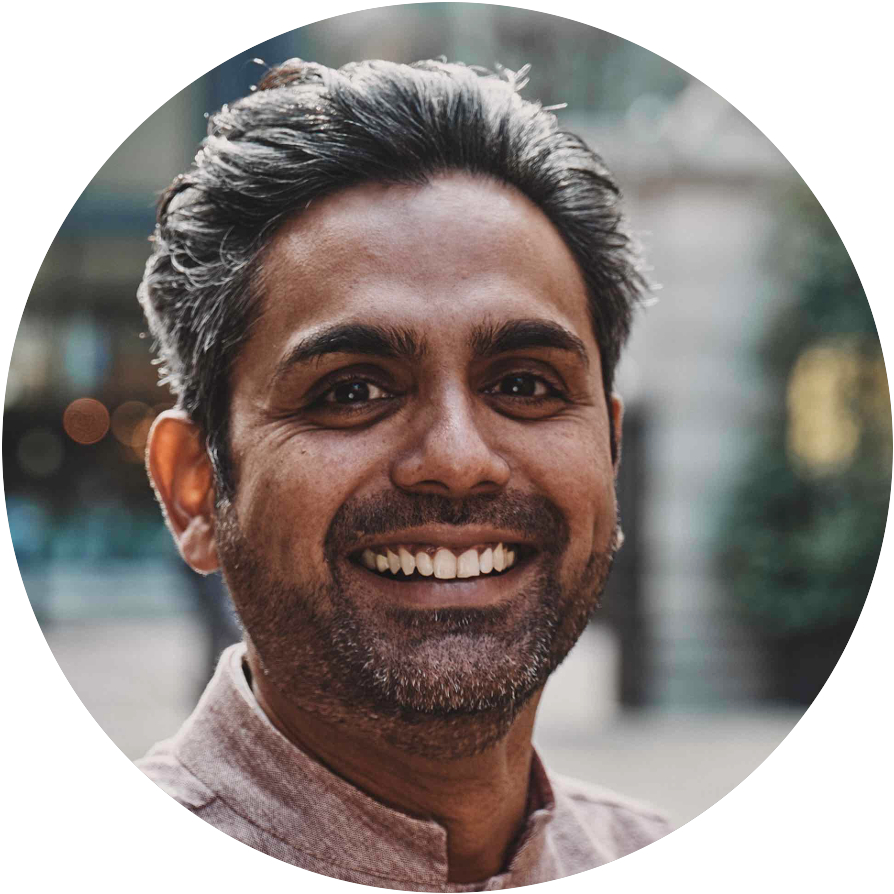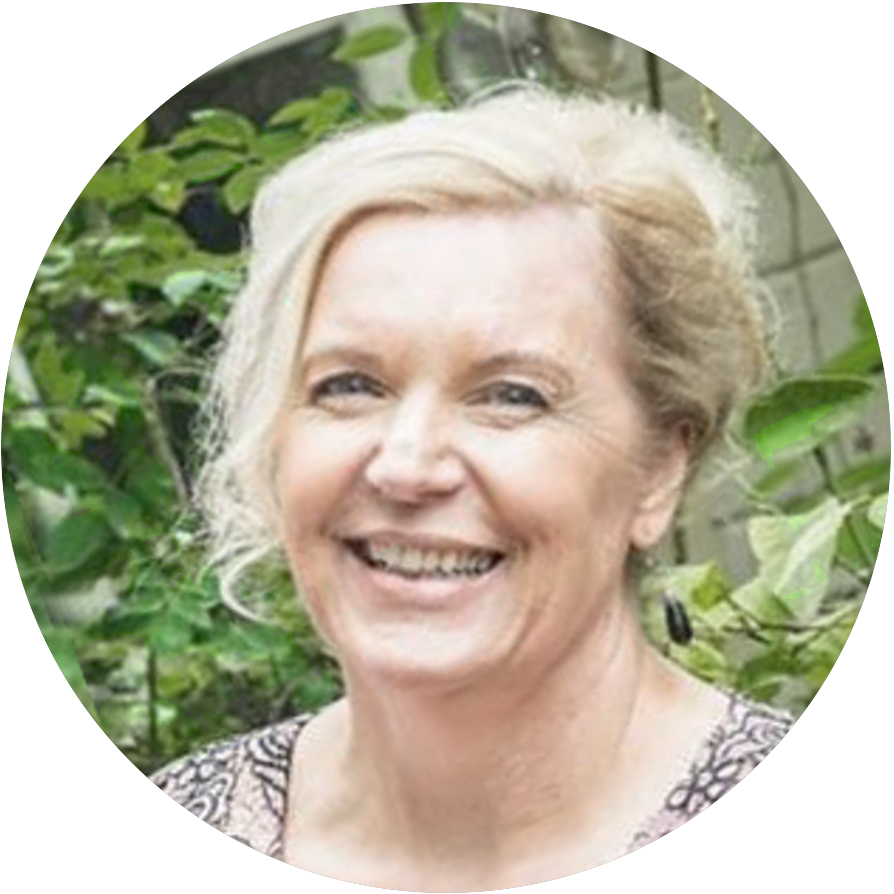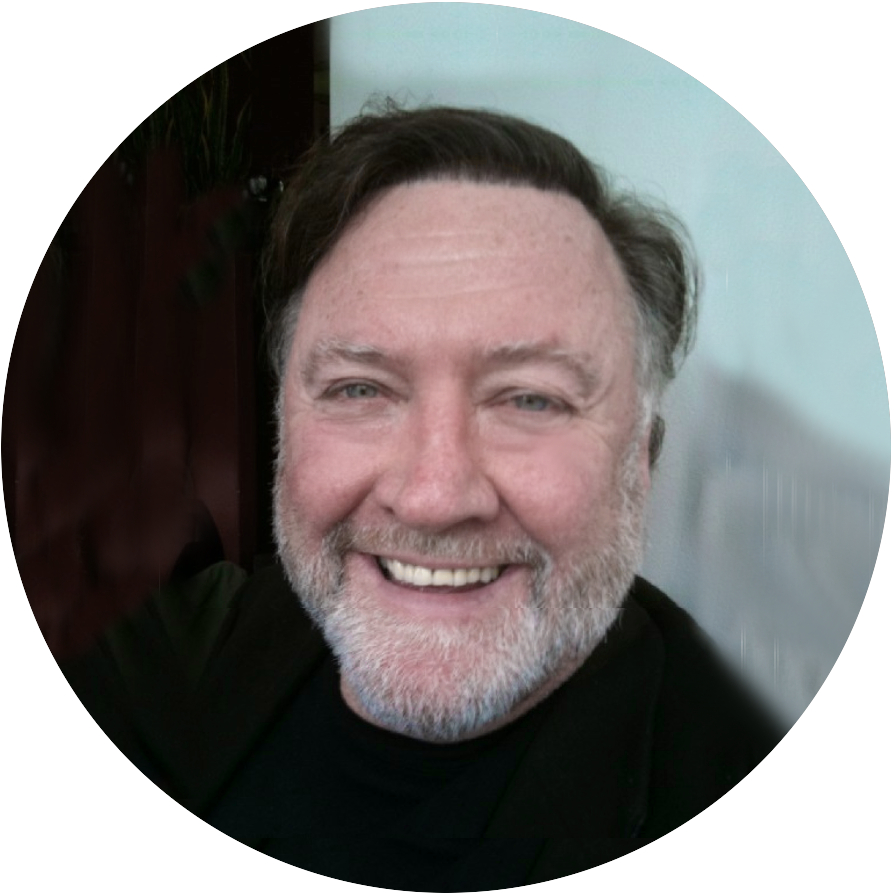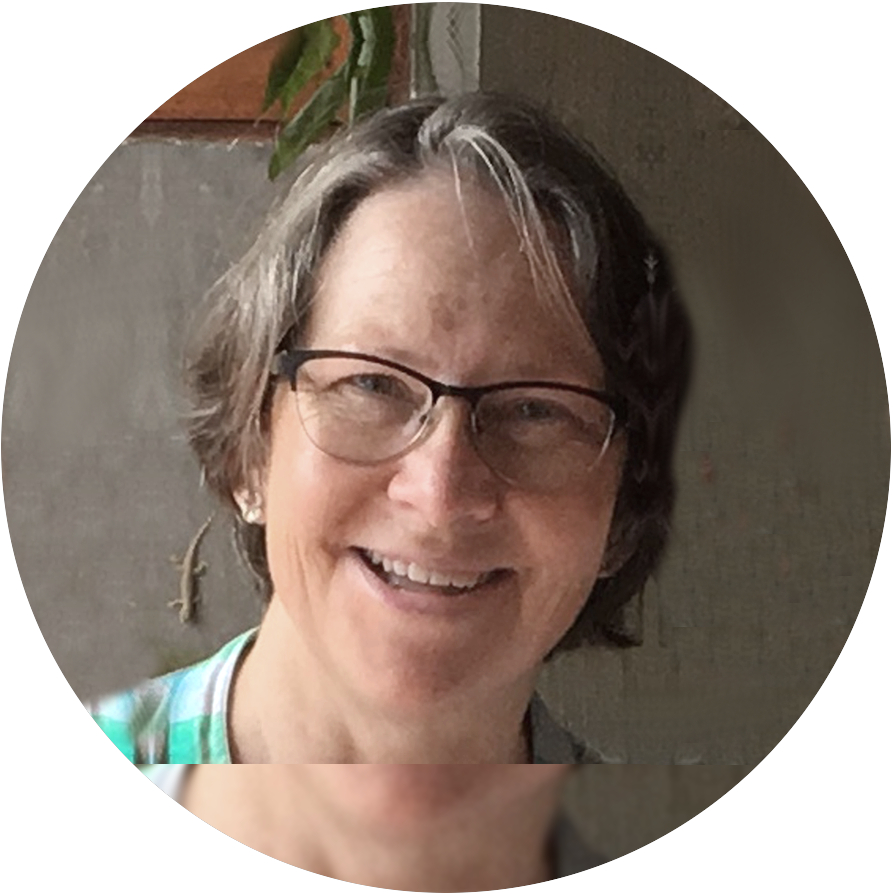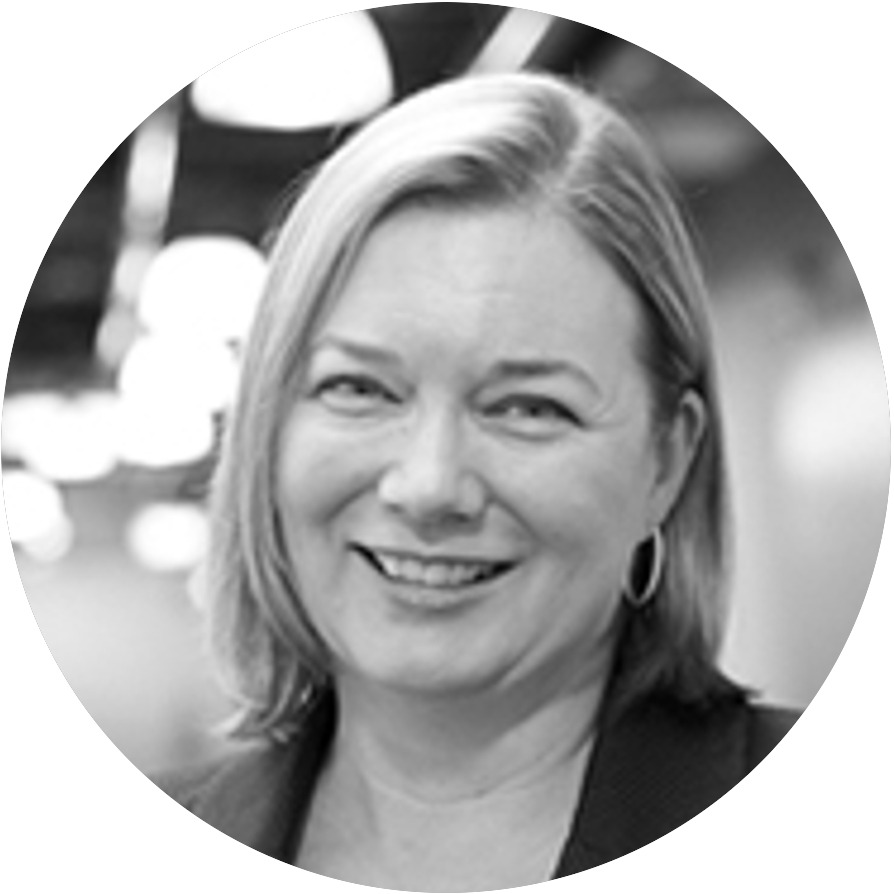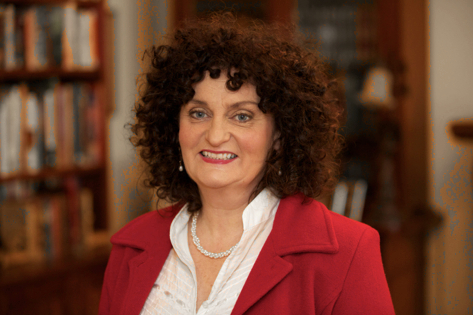
NIODA Colloquium 2020
Final year students in the Master of Leadership and Management in (Organisation Dynamics) present the outcomes of their action research.
NIODA Colloquium 2020
10 am – 3.30 pm (Melbourne time) Friday 16 October
The NIODA Colloquium is a forum where final year students in the Master of Leadership and Management in Organisation Dynamics present the outcomes of their action research with participating organisations. These research projects are the culmination of three years of postgraduate study for these students and are carried out under NIODA staff supervision, with ethics approval and using state-of-the-art methodological approaches.
By joining us at the colloquium, you will have access to some of the latest research in systems psychodynamics as well as supporting the development of candidates in the field. Attesting to the calibre of work in the program is the knowledge that many past candidates have presented their work at international conferences and had their work published in refereed journals.
NIDOA Colloquium 2020
FREE for nine live interactive online half-hour sessions
The presentations will be fully interactive and online. This is on Friday 16 October from 10 am – 3.30 pm (Melbourne time). Each session will involve a presentation and discussion.
10 am – 3.30 pm 🇨🇰 Melbourne
12 mid – 5.30 am (eek!) 🇬🇧 London
7 pm – 12.30 am 🇺🇸 New York
7 am – 12.30 pm 🇸🇬 Singapore
The time listed below is set to calculate the first start time depending on the time zone of your computer. The first session will start at:
time start
NIODA Colloquium 2020
Day(s)
:
Hour(s)
:
Minute(s)
:
Second(s)
Colloquium schedule
10 – 10.10 AM
Introduction – Professor Susan Long
10.10 – 10.40 AM
presentation & discussion
Laurette Chang-Leng – “Images as the Road to the Unconscious”
10.40 – 11.10 AM
presentation & discussion
Carly Johnson – “Large Group Dynamics, Basic Assumption Meness and the Bi-parental Authority: A Case Study”
11.10 – 11.15 AM
Comfort break
11.15 – 11.45 AM
presentation & discussion
Karl Chu – “A Case of the Primary Risk”
11.45 – 12.15 PM
presentation & discussion
James Yorston – “Working with the Impossible Task”
12.15 – 12.45 PM
Lunch break
12.45 – 1.15 PM
presentation & discussion
Thomas Mitchell – “Uncertainty and Mature Working Relationships do not make Happy Bedfellows”
1.15 – 1.45 PM
presentation & discussion
Lucy Murphy – “Defending Against Distributed Authority: A Case Study of an Institution Deinstitutionalising”
1.45 – 1.5o PM
Comfort break
1.50 – 2.20 PM
presentation & discussion
Fiona Martin – “Fighting the Good Fight: A Case Study of Guarding Against Corruption of Task”
2.20 – 2.50 PM
presentation & discussion
Alison Smith – “Poignant Capability and Bearing the Threats of Extinction”
2.50 – 2.55 PM
Comfort break
2.55 – 3.25 PM
presentation & discussion
Jackie Zombolas – “Evolving: Integrating the Authentic Leadership Framework Through an Experiential Learning Process”
3.25 – 3.30 PM
Close
When & Where
NIODA Colloquium 2020
📆 Date
Friday 16 October 2020
⏰. Time
10 am – 3.30 pm 🇨🇰 Melbourne
12 mid – 5.30 am (eek!) 🇬🇧 London
7 pm – 12.30 am 🇺🇸 New York
7 am – 12.30 pm 🇸🇬 Singapore
💷 For only
FREE! Please register to receive details
👩🏻💻. Location
Live interactive online sessions via Zoom
About NIODA
The National Institute of Organisation Dynamics Australia (NIODA) offers internationally renowned post-graduate education and research, and decades of experience consulting with Australian organisations. In 2018, their annual Symposium will explore the dynamics of interoperability and work within the emergency and trauma sectors.
The study of organisation dynamics brings together socio-technical and psychoanalytic disciplines to explore the unconscious dynamics that exist in every group, team or organisation. Learning more about these theories, and reflecting on the experience of them, can support leaders and managers to unlock great potential in their organisations, tackling issues through a whole new light.
Get In Touch
PO box 287, Collins Street West Melbourne 8007 Australia
+61 414 529 867
info@nioda.org.au


